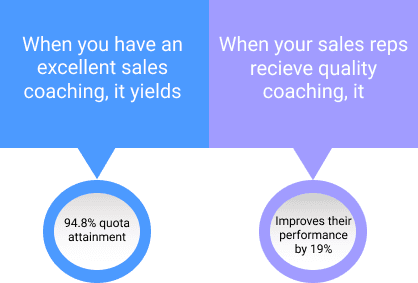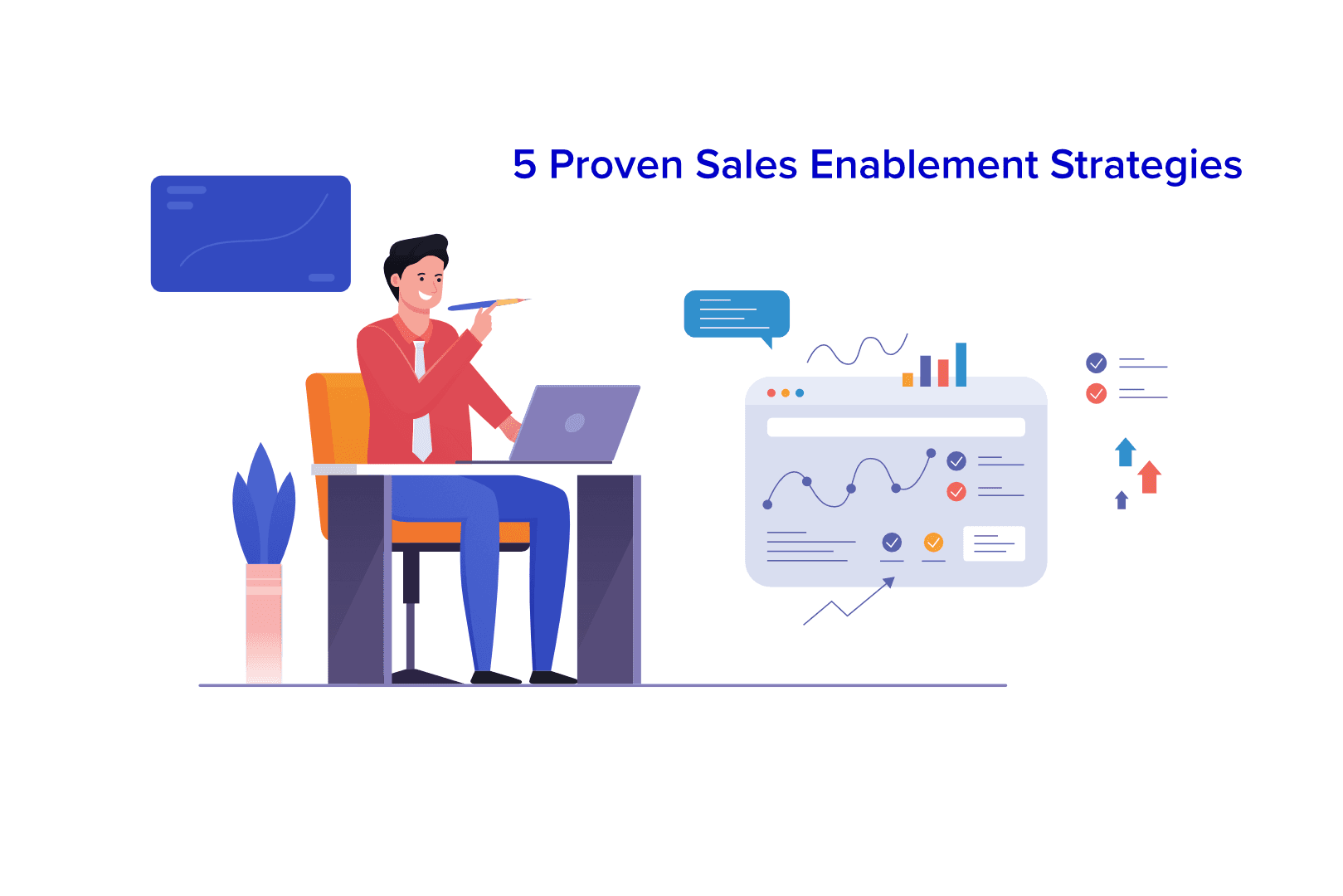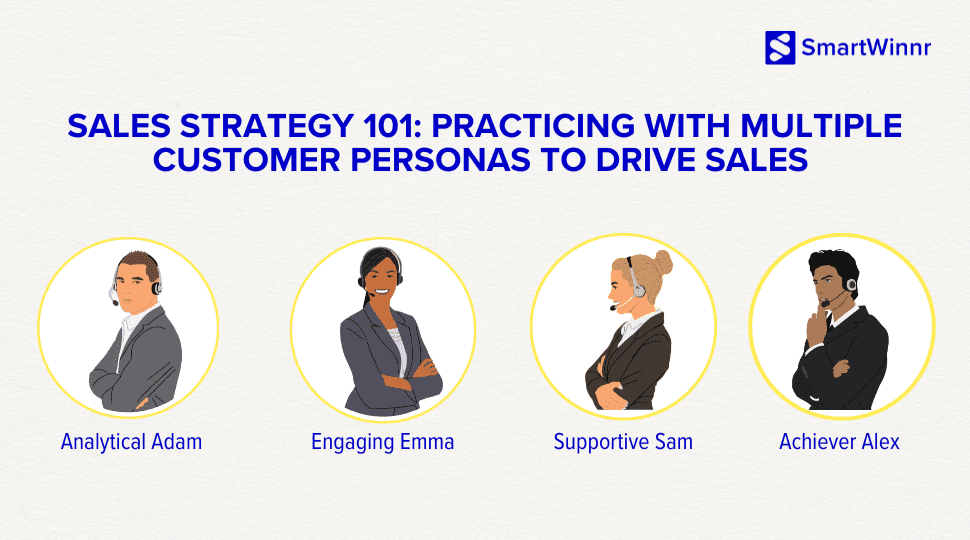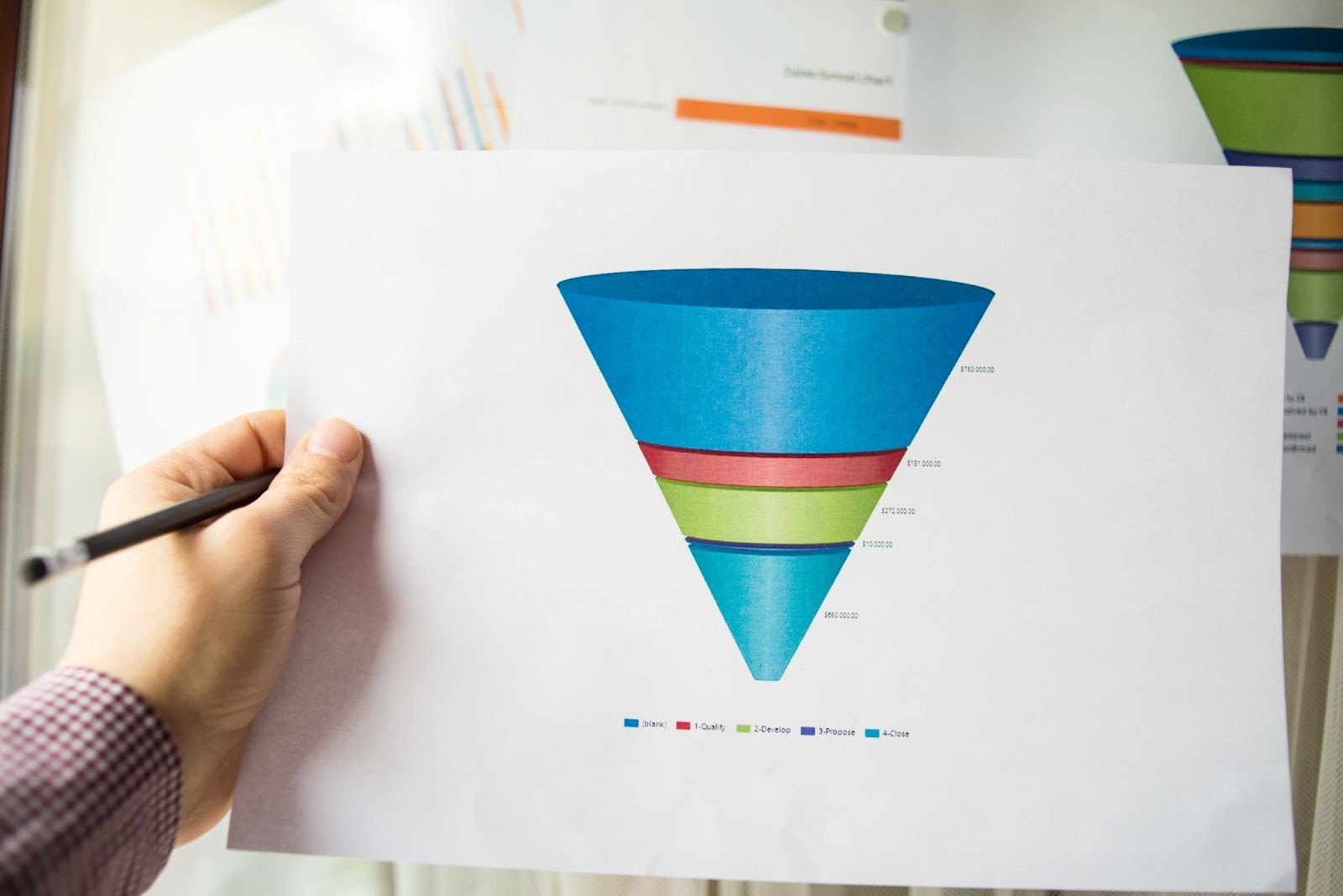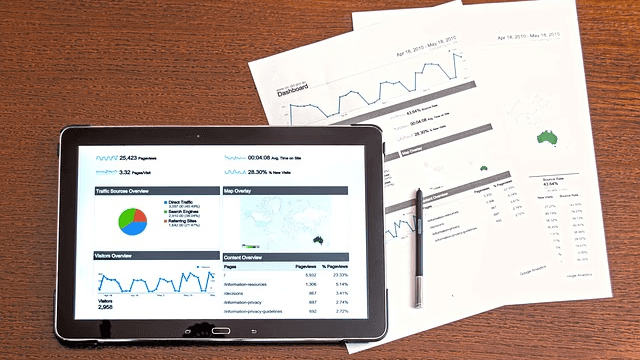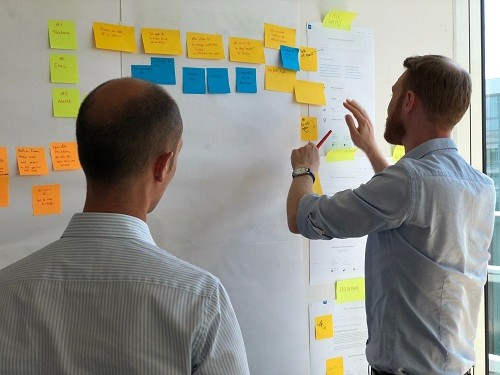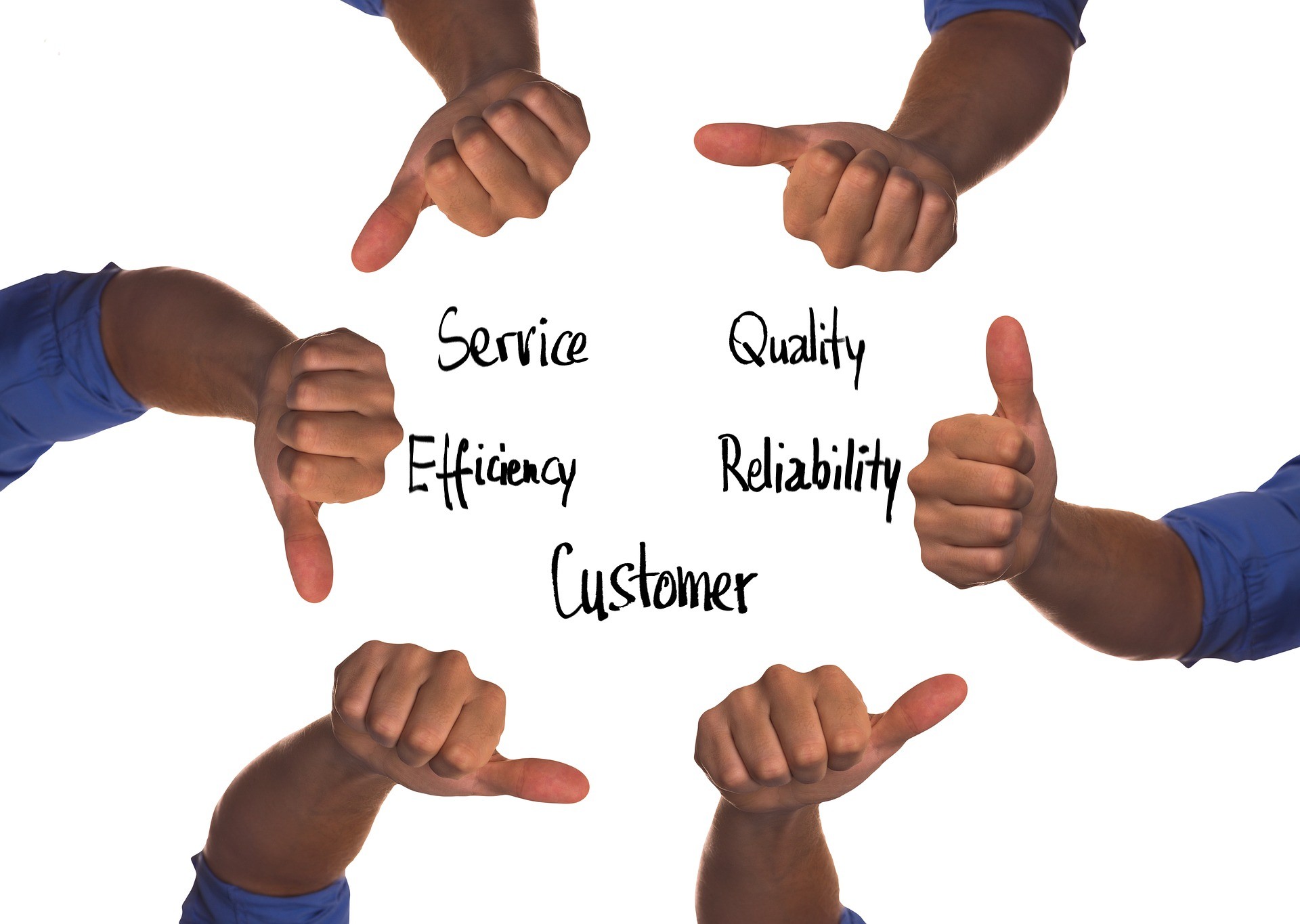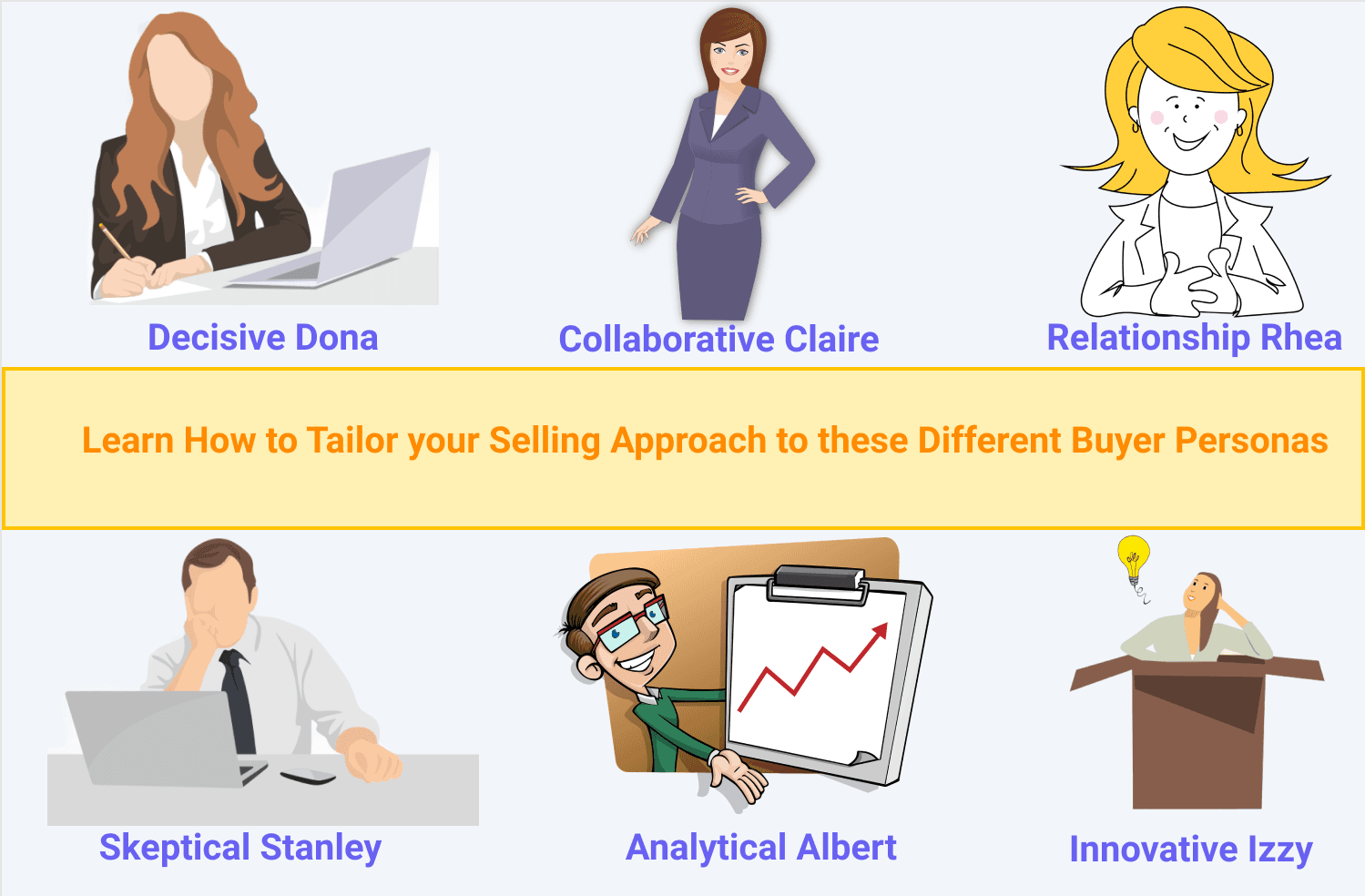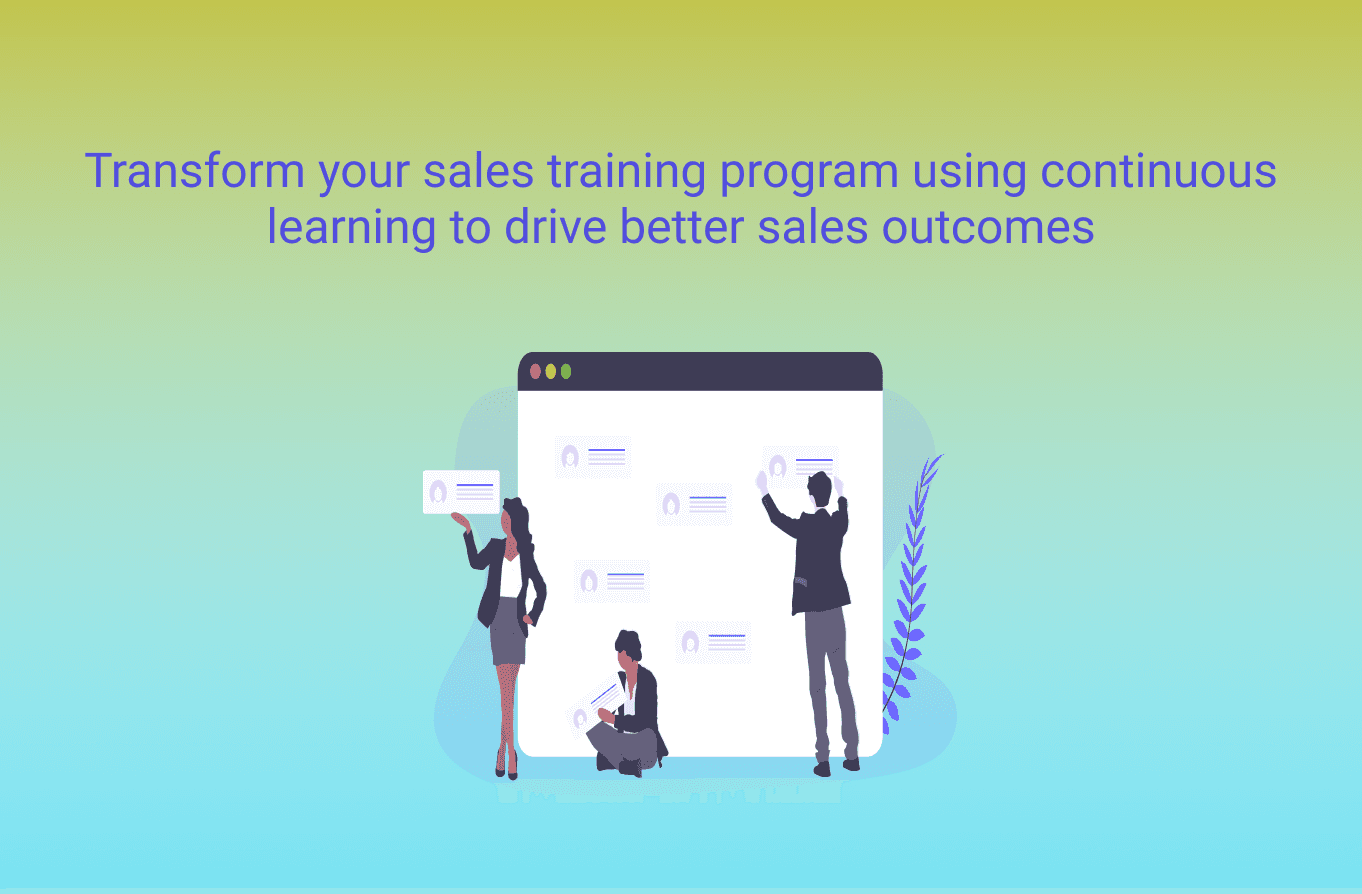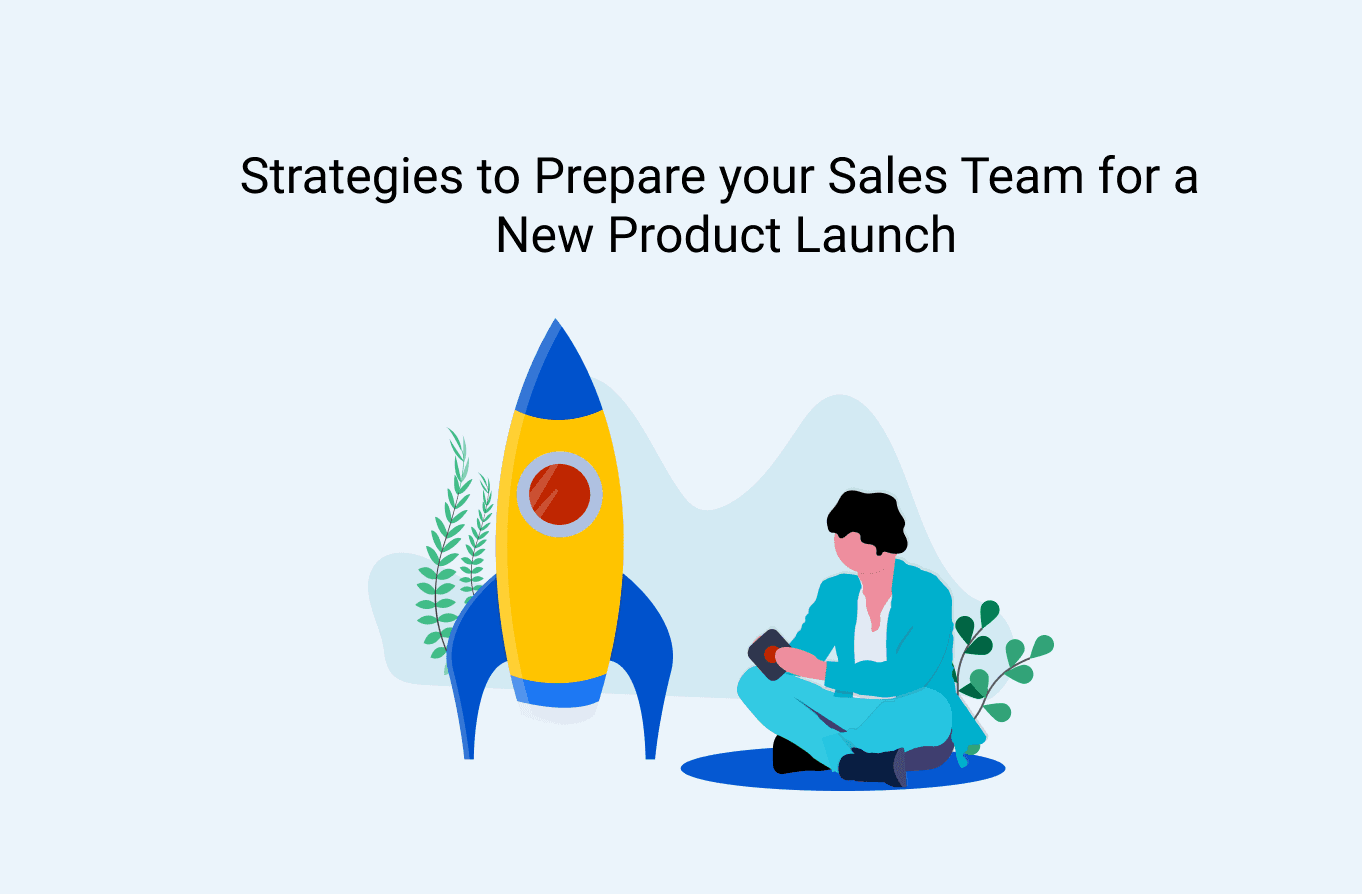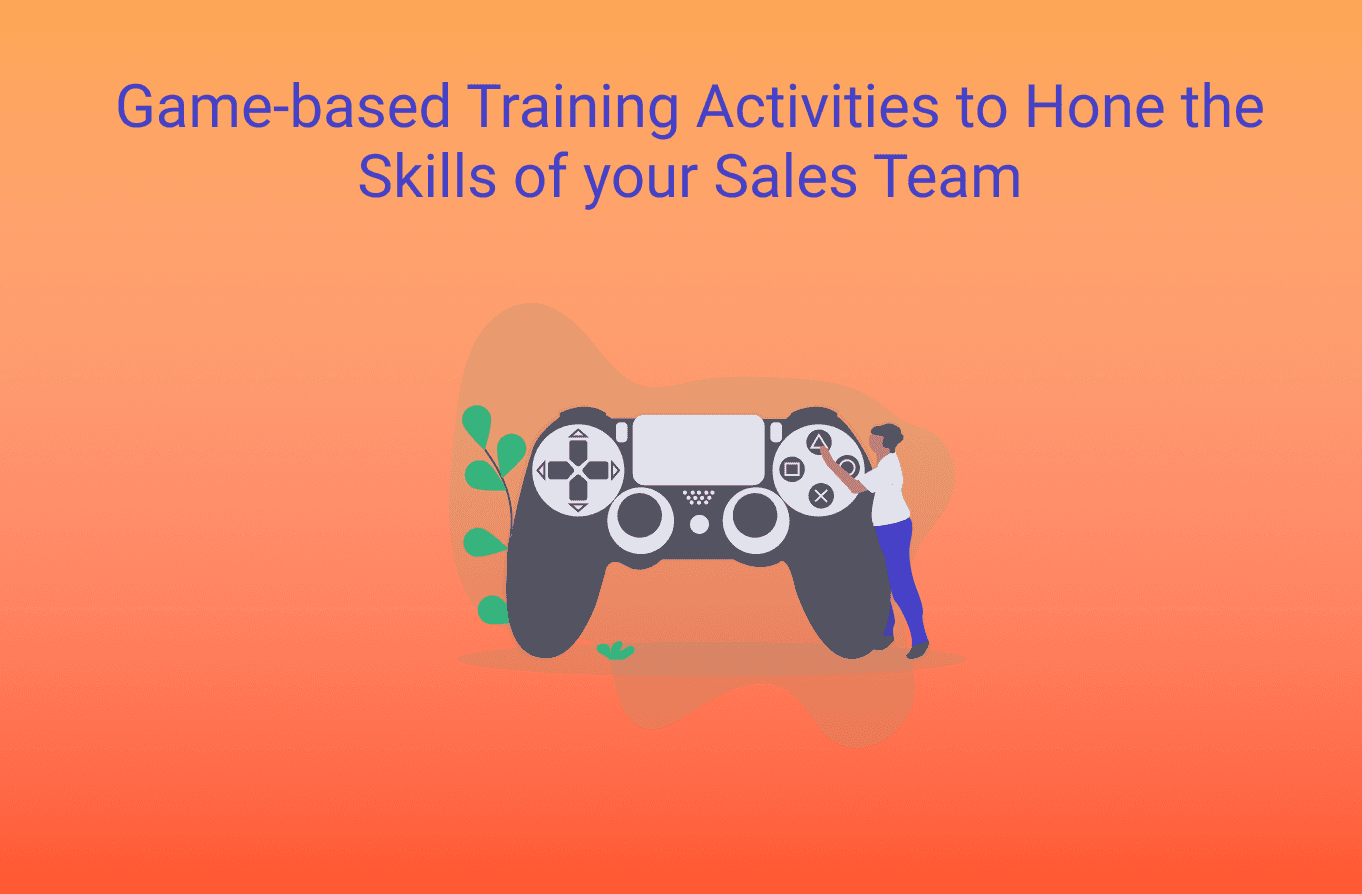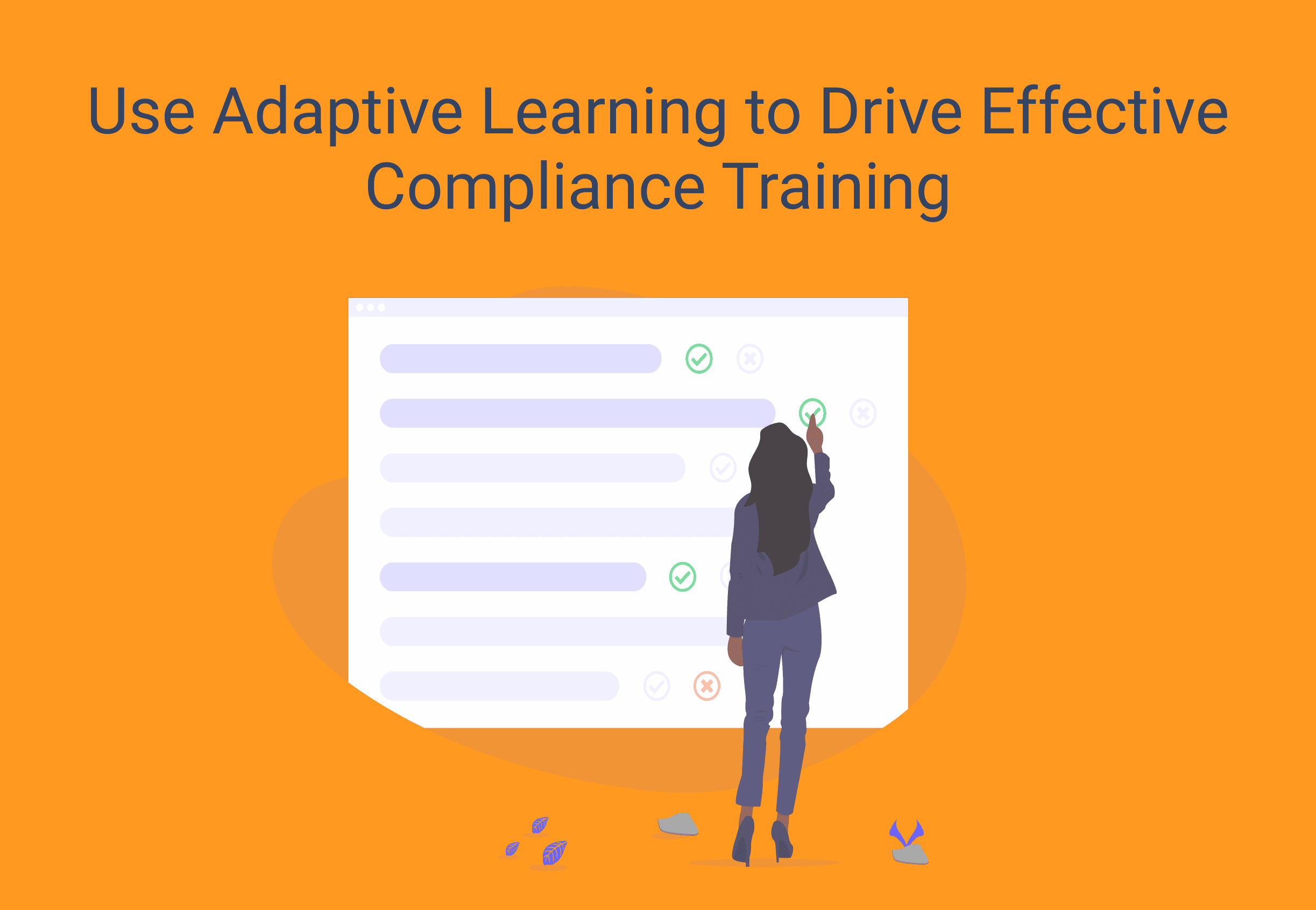Summary
Uncover how a sales competency framework drives better coaching, clarifies skills tiers, and boosts performance across your sales team.
Why is Sales Coaching important?
What if your sales reps perform 19% better – not just over the next several weeks, but month after month.
Research from the Sales Executive Council(SEC) examined thousands of salespeople. It found that receiving quality coaching helped them improve long-term performance by up to 19%.
A separate study from CSO Insights reveals a correlation between quota attainment and coaching. When sales coaching meets expectations, 94.8% of reps meet their quota. When sales coaching needs improvement, only 84.5% of them hit quota.
That is how crucial sales coaching is for sales leaders and sales teams. But what is sales coaching, and how do you do it well?
What is Sales Coaching?
At its most basic level, sales coaching is designed to maximize the performance of a salesperson. It helps in giving them what they need, when they need, to accelerate their development—thus creating a more productive and passionate workplace. To be more specific, effective sales coaching is:
Ongoing
Individualized
Meant to reinforce or correct behavior
Part of the salesperson’s daily or weekly routine
Focused on skills and techniques, not numbers
And, what doesn’t fall under the sales coaching umbrella?
a one-size-fits-all pep talk, focusing on what worked for sales managers when they were sales reps
Telling salespeople exactly what to do (rather than giving them the end goal and letting them figure out the specifics)
Giving the same advice to every single person
Ignoring individual motivators, strengths, and weaknesses
Now that the concept of sales coaching is clear, you need to have a plan in place to create and implement a well-rounded and well-structured sales coaching program.
Here is a step-by-step process of designing and running a structured Sales Coaching Program:
Create a Structured Competency Framework
Create a competency framework for your sales team that aligns with your business goals. Identify the competencies (skills and personal qualities) that are essential for a salesperson to achieve those goals. These competencies will be different for different job profiles and roles. To identify the right set of competencies for a specific role, figure out the skill set of an ideal employee in that role.
Step1: Derive skills from the list of roles and responsibilities
Here is how you can finalize competencies that are specific to a role. Suppose you want to identify the competency set for the territory manager role. Consider the best performing territory manager in your organization. Then, list down all the skills and responsibilities that she has like:
Has proficient knowledge of the products and services
Visits customers or prospects on a regular basis to promote the products and services.
Achieves monthly, quarterly or yearly sales targets as agreed with the supervisors.
Utilizes sales reports to grow business
Creates new business targets
Acquires new accounts
Manages existing and newly acquired customers in the assigned territory
Conducts calls on various sales channels. Utilizes an appropriate key messaging strategy for each channel
Develops a strategic business plan
Now, if you look through these responsibilities, you can see that they boil down to the following skills/competencies:
Product Knowledge
Customer Interaction
Questioning and listening skills
Handling objections
Exploring needs and offering solutions
Strategic planning
Building trust
Creating value
Gaining customer commitment
These competencies become a part of the competency framework for a territory manager. This is how you go about identifying and creating a competency framework for a particular role.
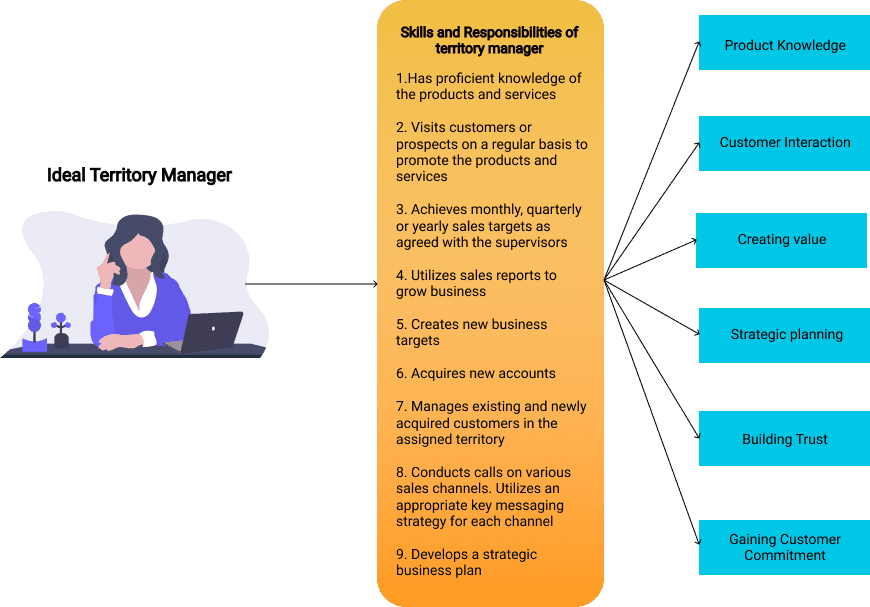
Step 2: Derive Developmental Levels for Each Competency
Now that you have the competency framework in place, it is time to define the developmental levels for each competency. For example, SL II has 4 developmental levels - D1, D2, D3 and D4. A salesperson moves from D1 through D4. Each level signifies varying degrees of skill level against a competency.
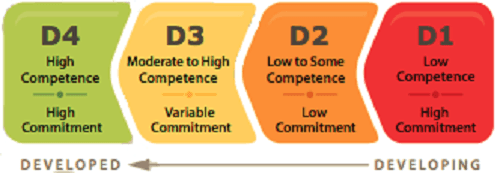
Its common to have 3 levels or even up to 7 levels. Do bear in mind that the higher the number of levels, the more subtle the differences amongst levels become. This can make it difficult for managers to assess a sales person.
Step 3: Create Descriptors for Each Developmental Level
Once you have finalised the number of Developmental Levels, it’s important to write down descriptors for each level against a competency. For example, if we go with 3 levels, this is how the Product Knowledge competency can be broken down:
Competency | Level 1 Descriptor | Level 2 Descriptor | Level 3 Descriptor |
|---|---|---|---|
Product Knowledge | The sales person has a good grip on the different products that she sells. She can talk about the features and benefits of the product. | Level 1 skills. The salesperson can differentiate from competitor products based on the requirements presented. | Level 1 and Level 2 skills. Can guide other team members on the features and benefits of the products. |
This level of details against each competency is required. It gives clear guidance to the managers when they assess a salesperson. This helps to remove confusion about how a salesperson should be rated.
Looking for more on Sales Coaching PlayBook?
Sales Coaching PlayBook Part 2 - Training the managers to Coach
Sales Coaching PlayBook Part 3 - How to Measure the Success of Coaching
Are you Planning to Implement Video Coaching in your Sales Process?
5 Reasons to use Video Coaching in your Sales Process
Best Practices to drive Video Coaching
Searching for Sales Coaching Templates?
Sales Coaching Template for Managers
What is the difference between a manager and a coach?
Coach or Manager? What does your team want?
SmartWinnr’s on-the-job coaching automates your sales coaching process. Plugin your own competency frameworks to measure and coach your sales teams. Managers play a crucial role in the coaching process. They do baseline assessments, set coaching goals for joint field visits, and provide crucial feedback to their sales reps.
Curious to learn more about it? Book a demo today!

